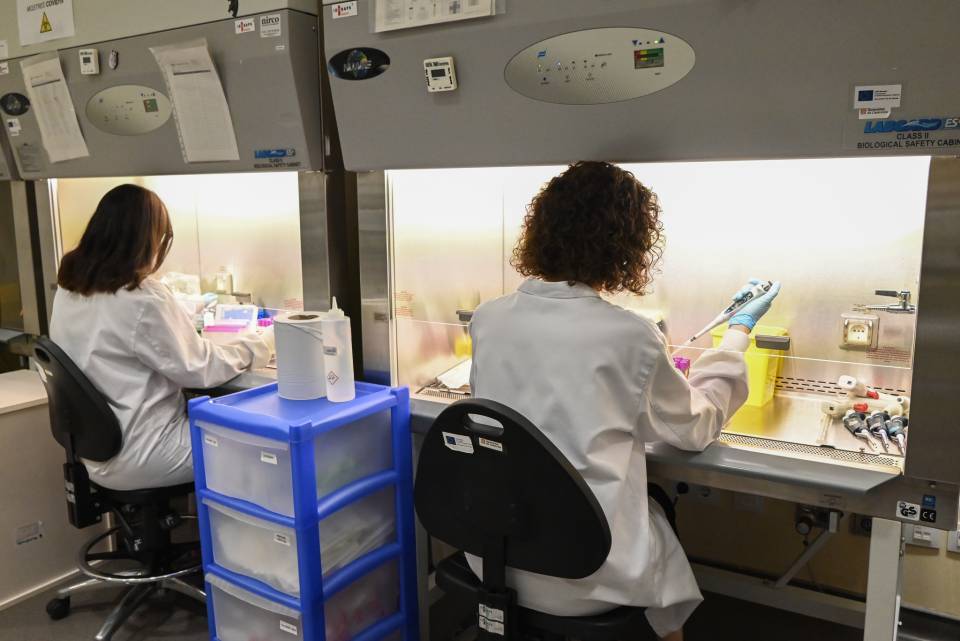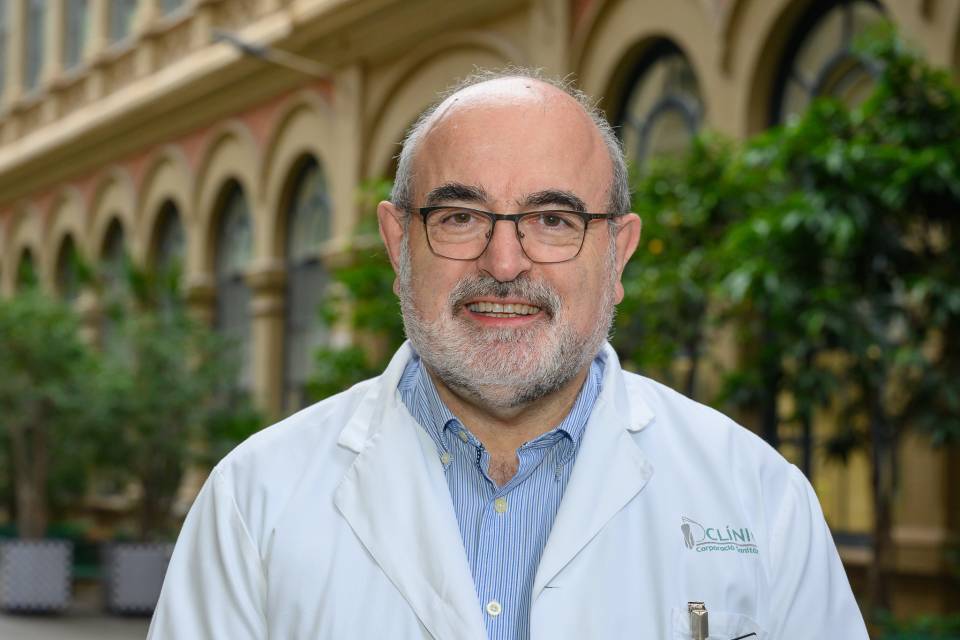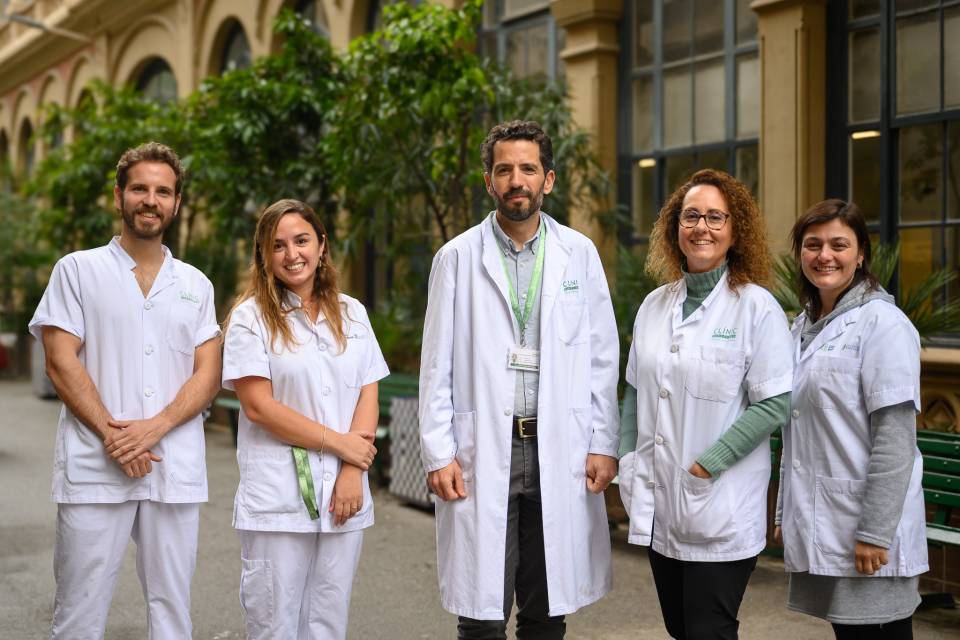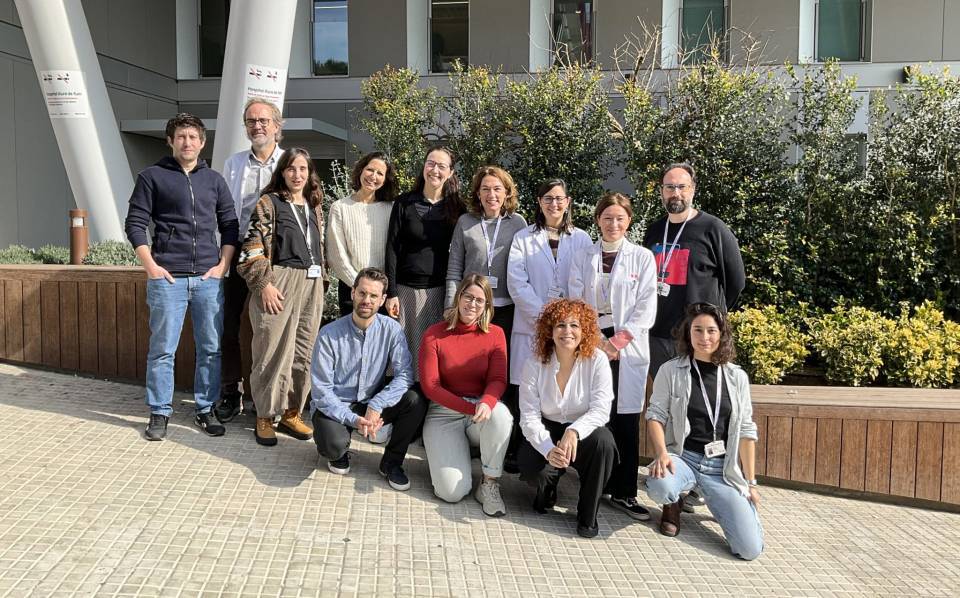Asthma and COPD are common chronic respiratory diseases that affect a large part of the population and place a significant economic burden on society. Until now, treatment of these pathologies has been based on a ‘one-size-fits-all’ approach, suppressing symptoms but not achieving any real improvement in health.
The RESPIRE-EXCEL project hopes to change this by introducing precision medicine adapted to each patient. Its main objectives are to identify molecular mechanisms, develop diagnostic biomarkers and support the search for new treatments. Thanks to the Marie Skłodowska-Curie Actions (MSCA) Doctoral Network in the European Commission’s Horizon Europe framework programme, the project aims to train a new generation of translational and medical scientists in intersectoral skills and multidisciplinary knowledge so they can collaborate effectively with industry, the healthcare sector and academia to develop precision medicine. ‘With this network, we will be able to train excellent scientists, giving them the new skills and competencies necessary to address the complexity of these diseases’, says Rosa Faner, a researcher in IDIBAPS’ Inflammation and repair in respiratory diseases group and a professor at the University of Barcelona (UB).
The consortium is made up of seven beneficiary organisations from six European countries (University Medical Centre Groningen, University Hospital Schleswig-Holstein, the Munich Helmholtz Centre, Stockholm University, the Karolinska Institute, IDIBAPS, Region Hovedstaden, the National Centre for Scientific Research and Omniscope) and 17 associated organisations.
What is the MSCA Doctoral Network?
The aim of this network is to implement doctoral programmes through partnerships with organisations from different sectors in Europe and beyond to train highly qualified doctoral candidates, stimulate their creativity, enhance their abilities to innovate and increase their long-term employability.
These doctoral programmes will address needs across various areas of research and innovation, expose researchers to both academic and non-academic sectors and offer training in research, as well as transferable skills and competencies important for innovation and long-term employability.
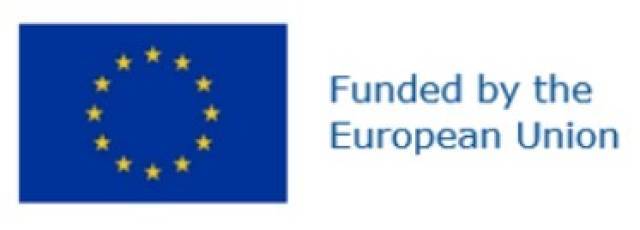
The opinions and views expressed are solely those of the author(s) and do not necessarily reflect those of the European Union or the European Research Executive Agency (REA). Neither the European Union nor the REA can be held responsible.

